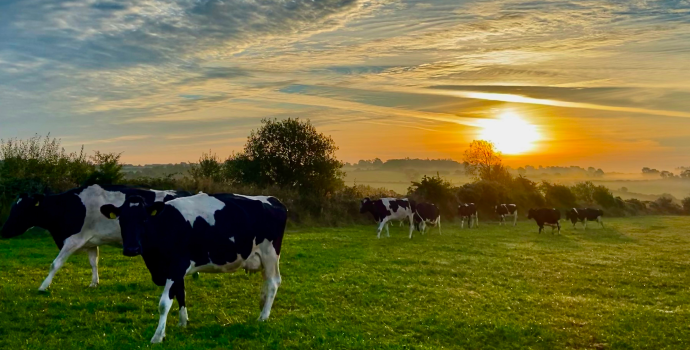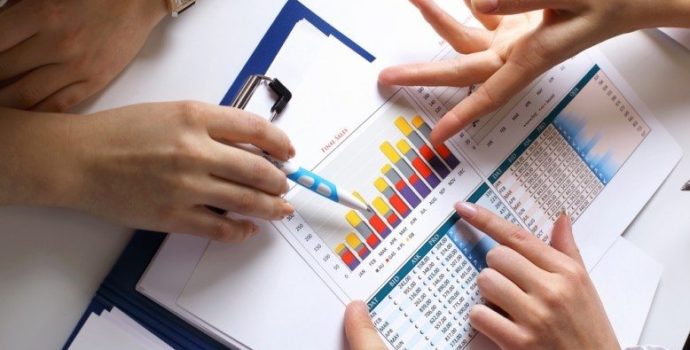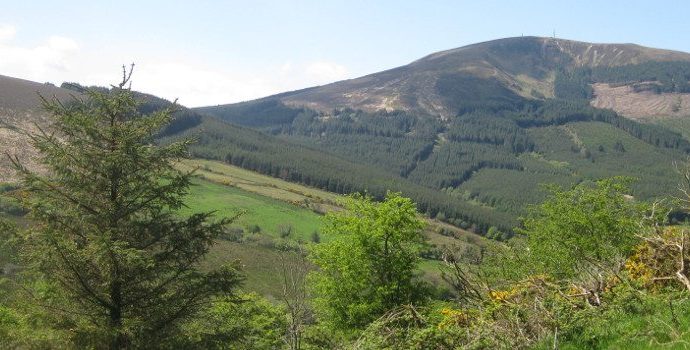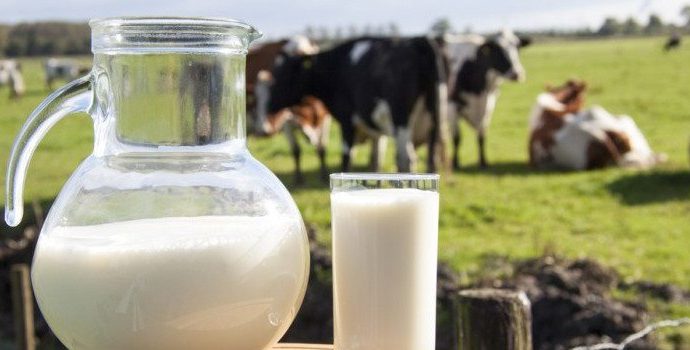Commonage Information Must Be Examined by Farmers and Planners for Accuracy
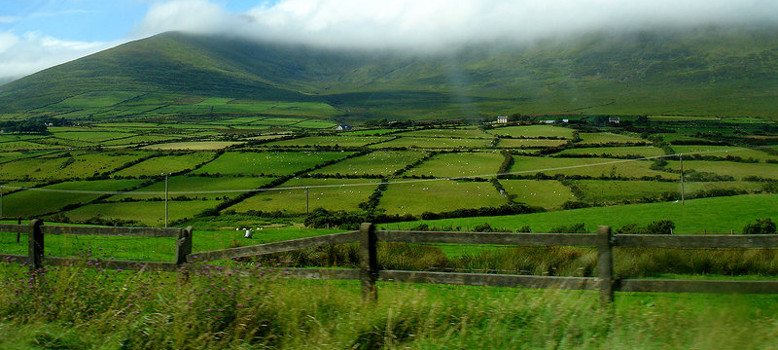
IFA Hill Committee Chairman, Pat Dunne, has urged farmers with their planners to examine carefully the recently published information issued by the Department of Agriculture on commonage land.
Pat Dunne said it was important that farmers with their planners determine the accuracy of the information, particularly the minimum and maximum stocking rate figure for each commonage. When such information was published over 2 years ago it was clear that the figures were wrong in some instances and bore no relationship to the stocking requirement on the commonage.
It is up to the planners as part of the commonage management plan (CMP) to ensure that the minimum / maximum are the appropriate amount. The min/max are a guide, as outlined to IFA at meetings with the Department of Agriculture.
The IFA Hill Chairman said that the Department of Agriculture guidelines to planners to carry out the CMP must now be issued for discussion without delay. Planners and farmers must be given ample time to ensure that all commonage farmers can be eligible for GLAS.
Pat Dunne has again confirmed that the GLAS area for payment will in most cases be greater than the reference area for the commonage. This will help more hill farmers achieve a higher payment under the scheme. At a rate of €120/ha – farmers with 42ha or more commonage will qualify for the max €5,000. For commonage with less than 42ha some measures have to be taken as part of the GLAS plan to achieve the max.
IFA has also pointed out that where a farmer can achieve the maximum payment of €5,000 from the commonage, the planner fees must be lower as the CMP is effectively doing the individual plan for the farmer.
IFA has called on the Minister for Agriculture to ensure that the commonage farms with significant commonage and SACs qualify for the GLAS plus €2,000 top-up in a similar way to areas where there are endangered bird species.
Concluding, Pat Dunne said that it is up to Minister Coveney that maximum flexibility applies to commonage areas to achieve the stocking levels required and all shareholders who apply for GLAS and are allowed to enter the scheme.

